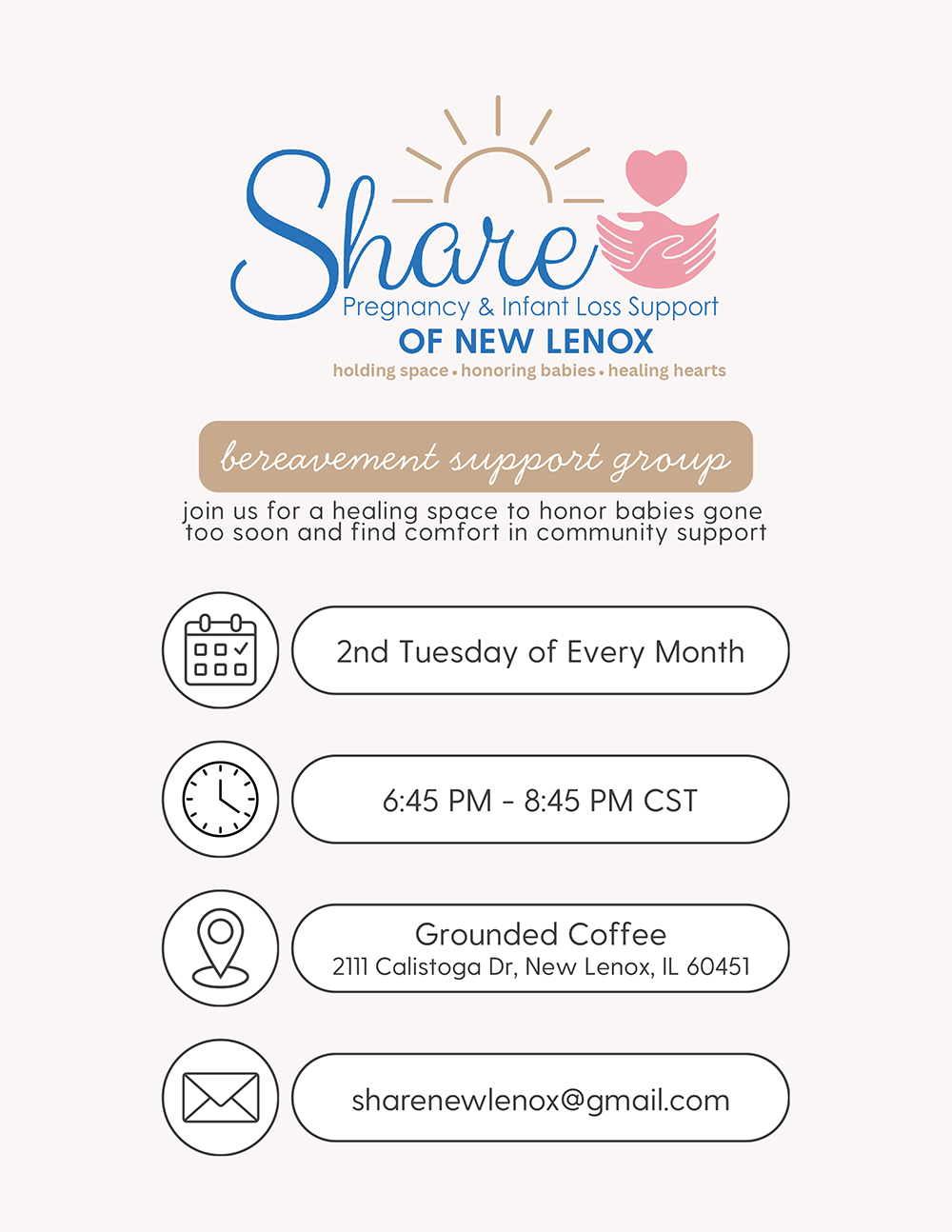
What Age to Start Seeing a Gynecologist
Visiting a gynecologist is just as important as seeing your regular physician. This is because your gynecologist visits form a crucial part of your preventative health care. Most health problems that develop can be treated more easily if they are detected early, and gynecological problems are no exception. In some instances, such as in the case of cervical cancer, early diagnosis and treatment can even be lifesaving.
When should you start visiting a gynecologist?
The American College of Obstetricians and Gynecologists recommends that all women have their first visit to a gynecologist when they are between the ages of 13 and 15, regardless of whether or not they have started experiencing menstrual cycles. However, not all elements of gynecological care will take place at this time. For example, annual Pap screening tests which are used in the detection of cervical cancer typically don’t begin until the age of 21.
What is involved in a gynecologist appointment?
Every gynecologist appointment will usually involve 3 different elements. These are:
Information. Your gynecologist will talk to you about both female and sexual health, providing you with information that you need to know so that you are aware of any unusual symptoms, as well as to help you make informed decisions about what your choices are in relation to things like periods, contraception and more. Your gynecologist will also be able to answer any questions that you have about sex, sexuality, your changing body and more, all in complete confidentiality.
Preventatives. Your gynecologist will make sure that you understand the importance of preventing sexually transmitted infections and pregnancy, and how you can best do this.
Treatment. If you need treatment for any female or sexual health issues, your gynecologist can provide this. Examples include medication for thrush or STDs, support with conditions like vaginismus, or contraceptive treatments.
If you are presenting with symptoms of an issue, it may be necessary for your gynecologist to perform a physical assessment that includes an internal pelvic exam (which doesn’t usually take place until at least 21 years of age).
Questions that a gynecologist might ask
A physical exam only makes up one small element of a visit to your gynecologist. What is just as important is the questions that they will ask about your medical history, and which will help your gynecologist decide which tests should be performed and which issues they should discuss with you. For example, your gynecologist will likely consider it unnecessary to ask you about your birth control choices if you are not currently in a sexual relationship and have no intention of entering into one before your next appointment.
Some of the questions which you may be asked by your gynecologist could include:
- When was your last period?
- Are your periods regular?
- Are you currently sexually active or have you been sexually active in the past?
- What type of sexual activity are you engaging in (vaginal, oral or anal sex)?
- Are you using birth control? If so, what?
- Are you using STD protection? If so, what?
- Have you experienced any unusual vaginal discharge, soreness, itching or discomfort in or around your vagina?
- Do you think you could be pregnant?
All of your answers will be treated in complete confidentiality and will be used to inform your current care, as well as forming part of your ongoing gynecological record.
If you would like to find out more about the importance of visiting a gynecologist or what’s involved, please don’t hesitate to visit Partners in Obstetrics & Women’s Health in New Lenox, Illinois. Call us today at (815)-240-0554









